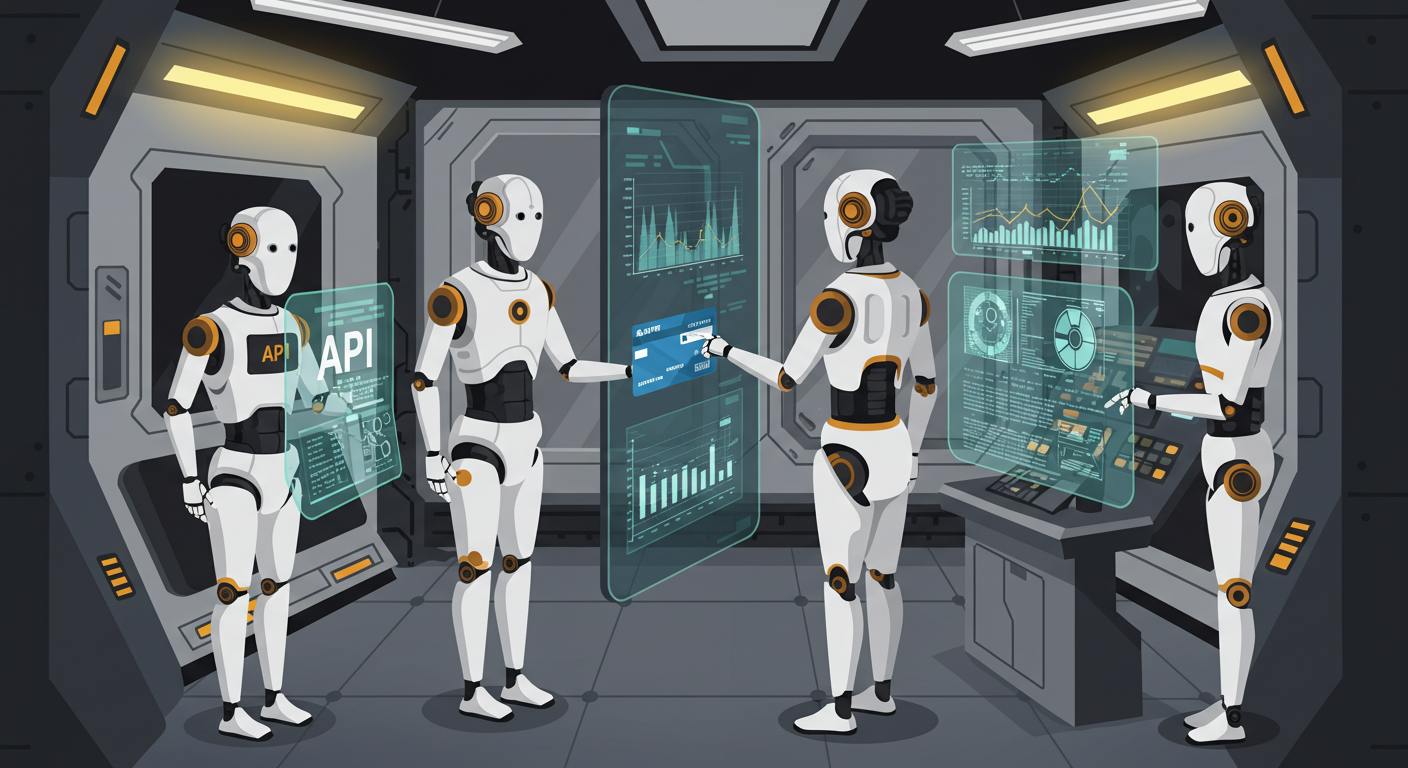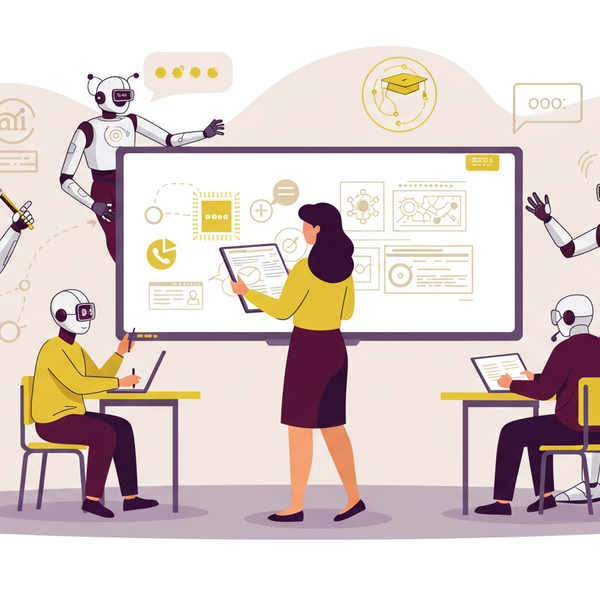
Accessing Generative AI APIs at ASU
1. Academic Research
ASU has an enterprise OpenAI platform account for academic use.
If you are conducting research as part of ASU faculty, staff, or a sponsored student project:
- Contact: Gil Speyer (Knowledge Enterprise)
- Email: [email protected]
- Details: Gil manages an intake process for issuing API keys to researchers using OpenAI under ASU’s enterprise license.
2. Enterprise Development (University-Supported Units)
If you’re part of a development team supporting official ASU initiatives (e.g., EdPlus, Learning Enterprise, academic platforms):
- Contact: Roger Kohler, AI Acceleration team
- Email: [email protected]
- Request Form: CreateAI Access Request Form
- Access: CreateAI APIs give you access to over 50+ models, including OpenAI, Anthropic, Mistral, Cohere, and more with enterprise-grade security controls aligned with ASU data governance.
- Click API Access For Generative AI at ASU for more details on the CreateAI API Access and Usage Policy
3. Individual Development (Non-Research, Not Official ASU Project)
If your project is more exploratory or doesn’t fall under research or enterprise dev:
- Option 1: Work with your unit’s IT and procurement team to purchase direct API access from OpenAI or another vendor.
- Option 2: Explore AWS Bedrock, which provides access to multiple foundation models (e.g., Anthropic, Cohere).
Option 3: Use Microsoft Azure with OpenAI credits, if already available through your unit
🔐 Note: These options will not fall under ASU’s enterprise contract. You will be required to complete a VITRA security review to ensure proper data protections are in place.
Summary Table
| Use Case | Contact | Access Type |
|---|---|---|
Academic Research | Gil Speyer ([email protected]) | OpenAI API via ASU research license |
Enterprise Dev (EdPlus, Learning Enterprise, etc.) | Roger Kohler ([email protected]) | CreateAI APIs (50+ models) |
Individual / Prototyping | Your IT/Procurement Team | Direct OpenAI, AWS Bedrock, Azure APIs (requires VITRA) |
Summary
If you're using the API for academic research, contact Gil Speyer ([email protected]) with Knowledge Enterprise.
For enterprise development, reach out to the AI Acceleration team via Roger Kohler ([email protected]) or submit this form.
For individual exploration, you can work with your unit to procure access from OpenAI, AWS Bedrock, or Azure (security review required).
Keep Reading
Students Using CreateAI: What Happens When You Upload a File?
If you’re using a CreateAI chatbot as part of a class, research, or student service, you may have the option to upload files like PDFs, assignments, or notes into the chat. Here’s what you need to know about how your files are handled and your privacy is protected.
CreateAI Builder: What Faculty Should Know About Student File Uploads
If you’ve created a custom bot using CreateAI Builder for students to use whether for advising, coursework, or academic support, here's what you need to know about how student file uploads are handled and what safeguards are in place.
This guide covers storage, privacy, copyright, and recommended practices for faculty-led bots.
CreateAI Office Hours Details: Get Help and Share Feedback
We’re excited to share how you can connect directly with the CreateAI team for live support, feedback, and community learning. Our weekly office hours are designed to help both general users and our dedicated beta testers get the most out of CreateAI Builder.

